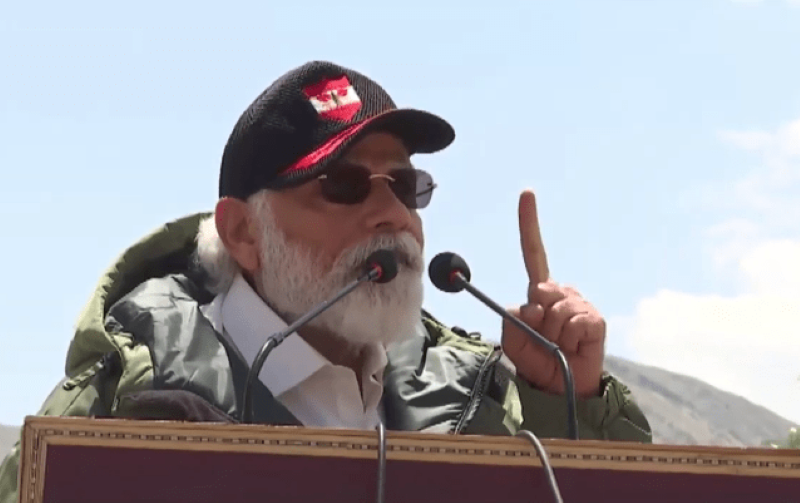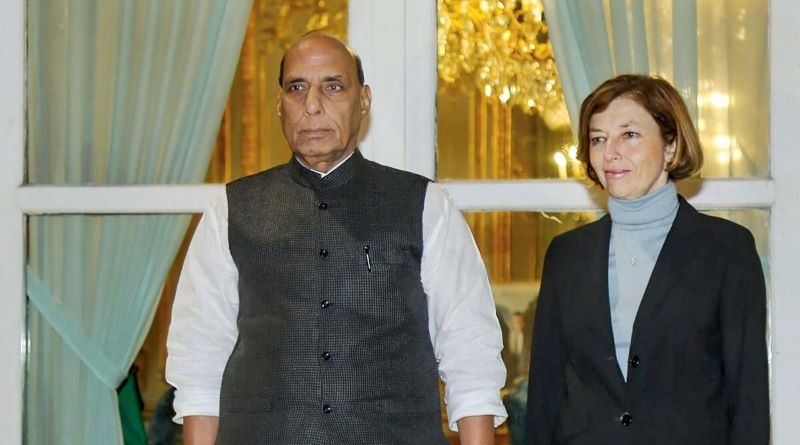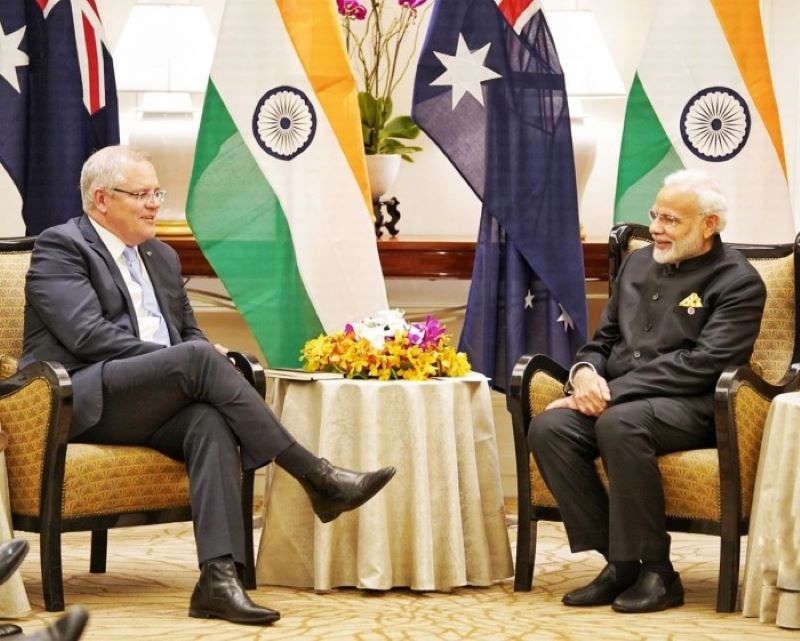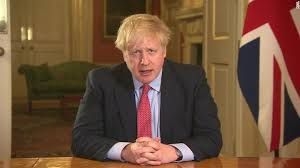More global support for India amidst LAC standoff with China
New Delhi, July 7: Many countries in the world have pledged their support for India amidst the growing standoff with China. The world community has developed an anti-China stance due to the alleged involvement of the communist country in spreading the Coronavirus pandemic and later engaging with India on the border issue leading to violent faceoff with Indian soldiers on June 15 in the Galwan Valley in Ladakh.
Many countries including the USA, the UK, Australia, France, Japan, etc. have rallied behind India raising their voices against the Chinese high-handedness and imperialistic and expansionist designs along the Sino-Indian border and other neighboring countries.

India’s Prime Minister Narendra Modi paid a flash visit to the border location in Ladakh on July 3 throwing a surprise for one an all at the domestic as well as the global level. The Prime Minister minced no words in delivering a stern message to China to give up its policy of territorial expansionism and resolutely stand up against it along the border.
Following this high-voltage visit of Modi to the border flashpoints, a good number of countries have come forward and expressed their solidarity with India.
The USA on Friday blamed China for ‘aggression’ on the Indian border in Eastern Ladakh on the Line of Actual Control (LAC) where 20 Indian soldiers were martyred. A White House Press Secretary Kayleigh McEnany quoted President Donald Trump saying, “China’s aggressive stance along the India-China border dovetails with a larger a pattern of Chinese aggression in other parts of the world and these actions only reveal the true nature of the Chinese Communist Party (CCP).”
India had recently placed a ban on 59 Chinese apps, including Tik Tok, for engaging in subversive activities threatening the territorial sovereignty and integrity of the country. Reacting on India’s decision, the US Secretary of State, Mike Pompeo welcomed the move and said that the Chinese apps served as “appendages of the CCP’s surveillance state”.

France has also considered India’s request to compress the delivery schedule of 36 Rafael jets amidst spiraling tensions with Beijing. The first batch of four to six Rafael fighter jets, armed with Meteor air to air missiles and Scalp cruise missiles, are set to arrive this month-end.
Meanwhile, Japan has also extended its support to India against China. Japan had been the victim of China’s territorial greed. Japanese Ambassador Satoshi Suzuki tweeted pledging his country’s support to India. In a tweet, the envoy said that Japan opposes “unilateral attempt to change the status quo” on the LAC. He also tweeted that Japan expects a peaceful resolution of the conflict between the country through the process of dialogue.
Japan’s support for India comes at a time when it is embroiled in a dispute with Beijing over Chinese vessels intruding in its territorial waters around Japan’s Senkaku Islands which China claims is part of its territory since ancient times.
Australia is yet another important nation to stand in support of India. It was Australia to launch the initiative for an impartial investigation to determine the source of COVID-19. This was vehemently opposed by China. Australia has inked pacts with India to strengthen the bilateral military ties between the two countries.

The relations between Australia and China are at its nadir after the former pushed for an independent inquiry into the source of the coronavirus outbreak that first emerged in the central Chinese city of Wuhan. The tensions escalated when China responded with threats of economic coercion, and then placed tariffs on Australian barley and banned beef from four major Australian exporters. The Australian government also witnessed a spate of cyberattacks that the Australian PM termed as a “sophisticated” state attack, hinting at the involvement of China’s CCP.
Abhorring violence the United Kingdom said in reference to the border standoff between the two Asian giants that “violence is in no one’s interest”. The UK has its own set of problems with China over the passage of the new controversial national security act that effectively ended the autonomy of Hong Kong. It said that China had committed a ‘clear and serious breach’ of the agreement under which Hong Kong was handed over to China in 1997.
 British Prime Minister Boris Johnson had called on India and China to engage in dialogue to resolve their border disputes as he described the escalation in eastern Ladakh as “a very serious and worrying situation” which the UK is closely monitoring.
British Prime Minister Boris Johnson had called on India and China to engage in dialogue to resolve their border disputes as he described the escalation in eastern Ladakh as “a very serious and worrying situation” which the UK is closely monitoring.
Though the leaders of the Association of Southeast Asian Nations (ASEAN) have refrained from overtly blaming China for the current LAC standoff in Eastern Ladakh fearing retribution, the leaders of the 10 states in the group recently rejected China’s claim to the whole of the South China Sea. The group said that the 1982 UN oceans treaty should not be violated and held as a basis of sovereign rights and entitlements in the disputed waters.
As chair of the 36th ASEAN Summit, Vietnam rubbished the foundations of China’s maritime claims. The Chairman’s Statement said the United Nations Convention on the Law of the Sea is “the basis for determining maritime entitlements, sovereign rights, jurisdiction and legitimate interests over maritime zones, and the 1982 UNCLOS sets out the legal framework within which all activities in the oceans and seas must be carried out.’

